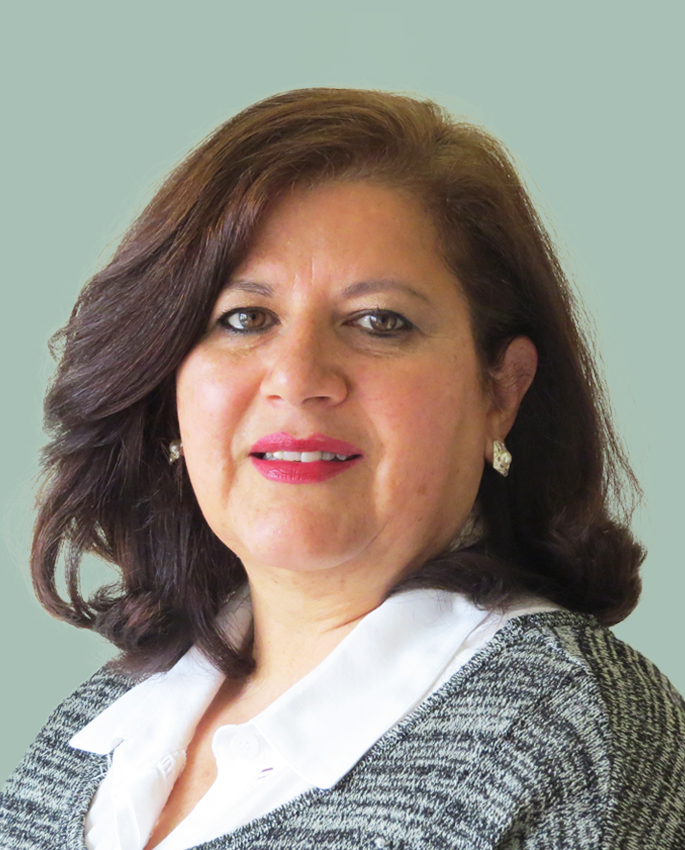Governance and Good Government: Four autonomous regions in Bolivia apply Democratic Accountability Tool

Governance in states that combine different levels of government is often more complex than in other types of state and, at the same time, it offers a greater possibility of democratic exercise in decision making. How to express this relationship between State complexity and greater democracy in the adoption of public policies in order to guarantee the protection of citizens' rights? The answer is not simple, but it is best visualized when the equation results in the closest proximity between representatives and citizens.
With this hypothesis in mind, the project "Women's Leadership and Strengthening of Regional Governance", implemented by International IDEA in Bolivia, thanks to financial support from Sweden, established interagency working agreements with several regional autonomous governments (intermediate government level) in which normally the figure of a "divided government" arises, since the executive body is in charge of a political force that does not have a majority in the Legislative Body or that, the governmental coalitions express several tendencies that also manifest themselves in the division of powers even when a single political force has a majority within the two branches of power in the regional autonomous governments.
The strategy of agreements with both government bodies (Executive and Legislative) was well suited and its immediate effects teach us that the best way to provide technical assistance is to bring the institutional positions within the branches of government closer together.
The project aims to increase the capabilities of regional governments to develop public policies with citizen participation and it is precisely there where the demand for implementation of the Democratic Accountability Tool stands out, a methodology developed by International IDEA, and which will be implemented in the regional governments of Cochabamba, Santa Cruz, Tarija and Beni.
The Democratic Accountability Tool proposes an accountability process which is less bureaucratic, has less protocol and is more participative. It serves not only to evaluate governance but also to generate proposals to bring about reform that bring public services closer to citizen demands. What is noteworthy in Bolivia is that the application of the tool breaks with the traditional and innocuous form of the annual public account, in place up to now as the only forum to address accountability.
In the autonomous government of the region of Beni, mixed teams were established between executive authorities and legislative authorities, both at technical and professional level as well as in the advisory and evaluating councils of the democratic accountability process. Following institutional agreements and the determination of a critical path, the resolution of the agenda prioritized the themes to be worked on in line with the priorities of the people (plant health, animal health and fishing activities) and moved on to the evaluation of the formulation of public policies in the prioritized sectors. At present, the process is in the implementation phase with the technical, evaluating and advisory teams working on the evaluation of information that has been collected.
The level of involvement of citizens and strategic players is vital in order to inform about the implementation of public policies and the possibility of adjusting them with future administrations. At the same time, it responds to the exercise of a democracy that transits from the representative, i.e. the vote, towards the participatory, i.e. co-responsibility. In short, an exercise of "good government".




